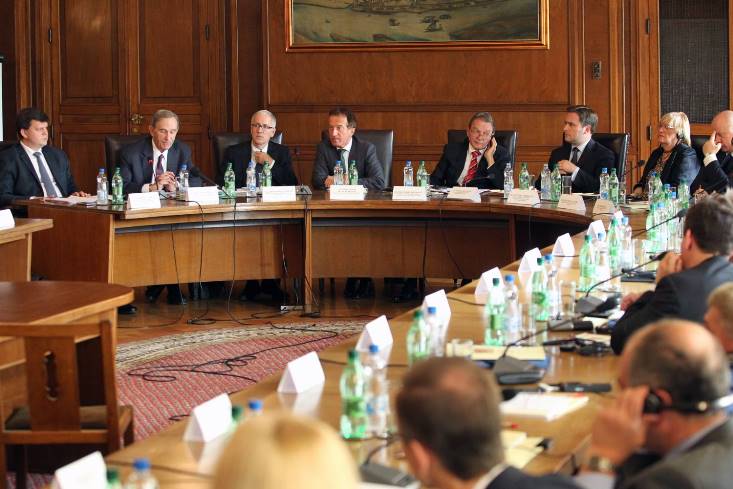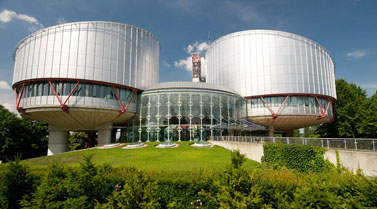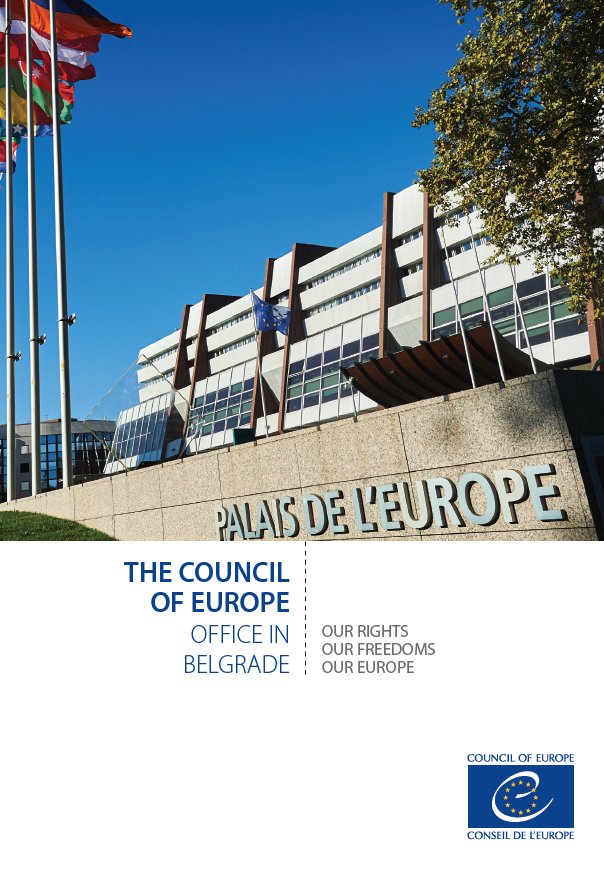The invitation to the Council of Europe was extended due to its expertise and a wide variety of technical cooperation actions, not only in Serbia but in other member states as well. Key issues discussed during a three-day Conference were the harmonization of court practice, inter-judicial dialogue and training, and education of judges and judicial assistants. The Council of Europe interventions were given a central place, during which the high-level audience had an opportunity to learn about the organisation’s achievements and best practice models in many of the participating countries.
The Conference was attended by more than twenty presidents and/or deputy presidents of the highest courts from 15 Council of Europe Member States, and hosted by the Supreme Court of Cassation. The Conference was initiated in 2011 by CEELI Institute. The opportunity was used to discus and agree future cooperation between the Council of Europe and the CEELI Institute. Participating countries showed their interest in further Council of Europe support.











